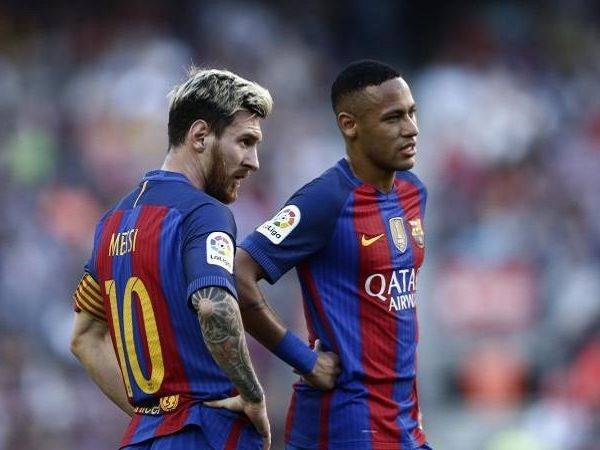
It’s no secret Qatar winning the right to host the World Cup was never universally accepted as ever since the event was awarded to the Gulf nation, Qatar’s World Cup organizers have been busy fighting off scandalous allegations of bribing FIFA officials to secure the hosting rights. They have done well so far to stave off all of them, including the criminal indictment by the US Department of Justice accusing three senior FIFA officials of receiving bribes for voting in favor of the Gulf state hosting the tournament. Creditably, in a telling human rights abuse issue, they’ve also managed to thwart international scrutiny over rights of migrant workers building the venues for the World Cup as well as protests by several international teams in Europe about concerns over human rights in Qatar.
“There has been labor reforms introduced since but of course there are several different views,” says James Dorsey, author of ‘The Turbulent World of Middle East Soccer’. “The International Labor Organization and trade unions have been positive and while Human Rights Watch and Amnesty International have been critical, their stance isn’t the same as it was before. Of course you can say Qatar’s initial response was a mess but they got their communications and marketing together during the diplomatic breakdown and they’re now approaching the finish line.”
Now, they have Messi to dribble them over it.
Not long after they were awarded the hosting rights for the World Cup, Qatar began sponsoring Barca through the Qatar Foundation, becoming the first named sponsors to appear in front of the players’ jerseys in the club’s history.
Then, in June 2011, Qatar Sports Investments — owned by the oil-rich state — bought PSG in a move that was criticized by many as ‘sportswashing’, a practice describing how government regimes use sport to launder their reputation to camouflage miserable records of abuse on human rights. Fueled by new directives from Qatar, PSG immediately set their sights on winning the Champions League to forge their presence onto the European elite. Neymar was subsequently signed from Barca for a world record fee in 2017 to help achieve that and they almost made it in 2020, when they lost the final to Bayern Munich. And now they have procured the all-important signature of Messi to further aid and abet them.
“The Messi deal isn’t just about Messi … it’s about Qatar and 2022,” Professor Simon Chadwick, the director of the Eurasian sports centre at France’s Emlyon Business School told Dawn on Wednesday, minutes after Messi’s signing was confirmed by PSG.
“It’s a really important year for the Qataris, obviously staging the World Cup and if PSG can successfully win the Champions League in May, it will be an important milestone in the national development of Qatar as a country.
“Sports, and specifically football, are an integral part of the country’s vision and development plan. This is a return on investment. If winning the Champions League and hosting the World Cup are achieved in the same year, it will be job done for the Qatar government. It will also have a political impact in terms of profile, the image and the reputation of Qatar, which we know is keen to build the country’s brand and project soft power.”
Just as the Champions League has proven elusive so far for PSG, the World Cup has proven equally elusive for Messi. By Qatar 2022, Messi would be noticeably less spritely at 35, and this could quite likely be his last shot at getting his hands on the trophy. To be fair to the man, there shouldn’t actually be any concerns about his age though as the years do not appear to have slowed him down in terms of his successes on the pitch. In July, after a long season with Barca, Messi lifted his first trophy with Argentina when he led the side to their first Copa America title, vanquishing the Brazilians.
Messi’s imperious, unquenchable quest to win the World Cup in a final sprint to attain immortality in sport is the galvanizing storyline that fits in perfectly with Qatar’s grand ambitions – not unlike all other previous and future tournament hosts – in trying to stake a rightful claim for themselves in the new world order. His arrival comes about eight months fresh after the rest of the Middle East restored diplomatic ties with Qatar. But signing the Argentine ahead of Abu Dhabi-owned Manchester City, the only other club that could afford him, is an unmistakably strong statement by PSG’s ownership.
A statement that says the once tiny Gulf state will do all it takes to endorse their international stature on the global stage via football and the likes of Lionel Messi.
Let’s not forget that during his time at Barca, Messi played and won titles in jerseys that had Qatar Foundation and Qatar Airways proudly emblazoned on them, only that this time he is actually officially donning the jerseys of the PSG club owned by Qatar.
Which makes a whole world of difference.

